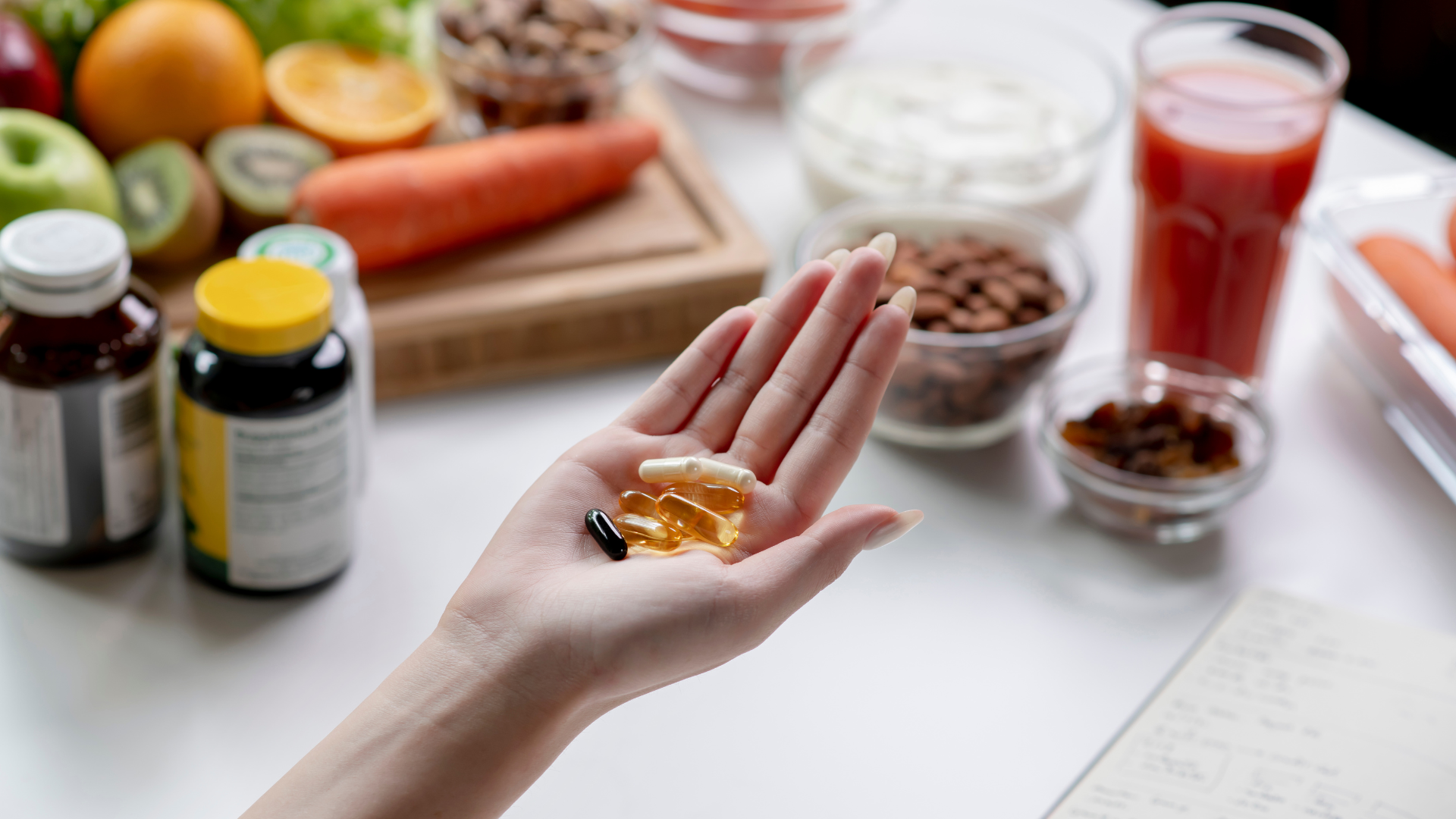In the quest for optimal health and longevity, Nutritional Biohacking: Using Diet and Supplements to Influence Health has emerged as a cutting-edge approach. This method focuses on manipulating diet and supplements to enhance bodily functions, improve mental clarity, and boost overall well-being. Let’s dive into the world of nutritional biohacking and discover how you can use these strategies to your advantage.
What is Nutritional Biohacking?
Nutritional biohacking involves strategically using diet and supplements to influence various aspects of health, including metabolism, cognitive function, and immune system performance. By understanding how specific nutrients affect the body, you can tailor your nutrition to achieve your health goals more effectively.
Key Components of Nutritional Biohacking
1. Understanding Macronutrients
- Proteins: Essential for muscle repair, immune function, and hormone production. Incorporate high-quality protein sources like lean meats, fish, eggs, and plant-based proteins such as legumes and tofu.
- Carbohydrates: Provide energy and support brain function. Opt for complex carbs like whole grains, vegetables, and fruits to maintain stable blood sugar levels.
- Fats: Crucial for brain health and hormone regulation. Focus on healthy fats from sources like avocados, nuts, seeds, and fatty fish.
2. Micronutrients and Their Impact
- Vitamins: Essential for various bodily functions. For example, Vitamin D supports immune health, while Vitamin B12 is vital for energy production.
- Minerals: Important for maintaining electrolyte balance and bone health. Key minerals include magnesium, calcium, and zinc.
3. Adaptogens and Herbal Supplements
- Ashwagandha: Known for its stress-reducing properties, it helps balance cortisol levels and enhance overall well-being.
- Rhodiola Rosea: Improves mental performance and reduces fatigue by supporting the body’s stress response.
- Turmeric: Contains curcumin, which has anti-inflammatory properties and supports joint and brain health.
How to Biohack Your Diet

1. Personalized Nutrition
- Identify Your Needs: Consider factors like age, activity level, and health conditions. Use tools like DNA testing or consult with a nutritionist to tailor your diet.
- Monitor Your Responses: Keep a food journal to track how different foods and supplements affect your mood, energy levels, and overall health.
2. Timing and Frequency
- Meal Timing: Implement strategies like intermittent fasting to optimize metabolism and support weight management.
- Supplement Timing: Take supplements at times when they are most effective, such as taking Vitamin D in the morning or magnesium before bed for better sleep.
3. Quality Over Quantity
- Choose Whole Foods: Prioritize unprocessed, nutrient-dense foods over processed options. This approach ensures you get a higher concentration of essential vitamins and minerals.
- Organic and Sustainable: Opt for organic produce to reduce exposure to pesticides and support environmental sustainability.
Benefits of Nutritional Biohacking
1. Enhanced Mental Clarity
- Cognitive Function: Omega-3 fatty acids, B vitamins, and antioxidants support brain health, improve focus, and enhance memory.
- Mood Regulation: Certain nutrients, like magnesium and Vitamin D, can help stabilize mood and reduce symptoms of anxiety and depression.
2. Improved Physical Performance
- Energy Levels: A balanced diet with adequate macronutrients and micronutrients can increase energy levels and endurance.
- Muscle Recovery: Protein-rich foods and specific supplements, like branched-chain amino acids (BCAAs), aid in faster muscle recovery and growth.
3. Better Immune Function

- Immune Support: Vitamins C and D, along with zinc, play critical roles in maintaining a robust immune system and fighting off infections.
- Anti-inflammatory Effects: Nutrients like omega-3 fatty acids and turmeric can help reduce inflammation, supporting overall immune health.
4. Longevity and Anti-Aging
- Cellular Health: Antioxidants, such as those found in berries and green tea, protect cells from oxidative stress and may slow the aging process.
- Metabolic Health: Nutritional biohacking can improve metabolic efficiency, potentially reducing the risk of chronic diseases like diabetes and heart disease.
Tips for Successful Nutritional Biohacking
- Start Small: Begin by incorporating one or two dietary changes or supplements and gradually adjust based on how you feel.
- Stay Informed: Keep up with the latest research on nutritional science and biohacking to make informed decisions.
- Consult Professionals: Work with a healthcare provider or nutritionist to ensure your biohacking strategies are safe and effective.
- Listen to Your Body: Pay attention to how your body responds to dietary changes and adjust accordingly to optimize results.
Conclusion
Nutritional biohacking offers a proactive approach to health by leveraging diet and supplements to enhance bodily functions and overall well-being. You can optimize performance and health by carefully selecting foods and nutrients that work with your body’s biochemistry. Personalized nutrition plans tailored to your genetic makeup, metabolic rate, and lifestyle ensure you get the necessary nutrients. Incorporating superfoods, antioxidants, and targeted supplements can boost your immune system, improve cognitive function, and increase energy levels.
You can continuously adjust your nutritional strategies for maximum effectiveness by tracking dietary intake and monitoring biological markers. This empowers you to make informed decisions about your diet, leading to better physical and mental performance, disease prevention, and a higher quality of life.





